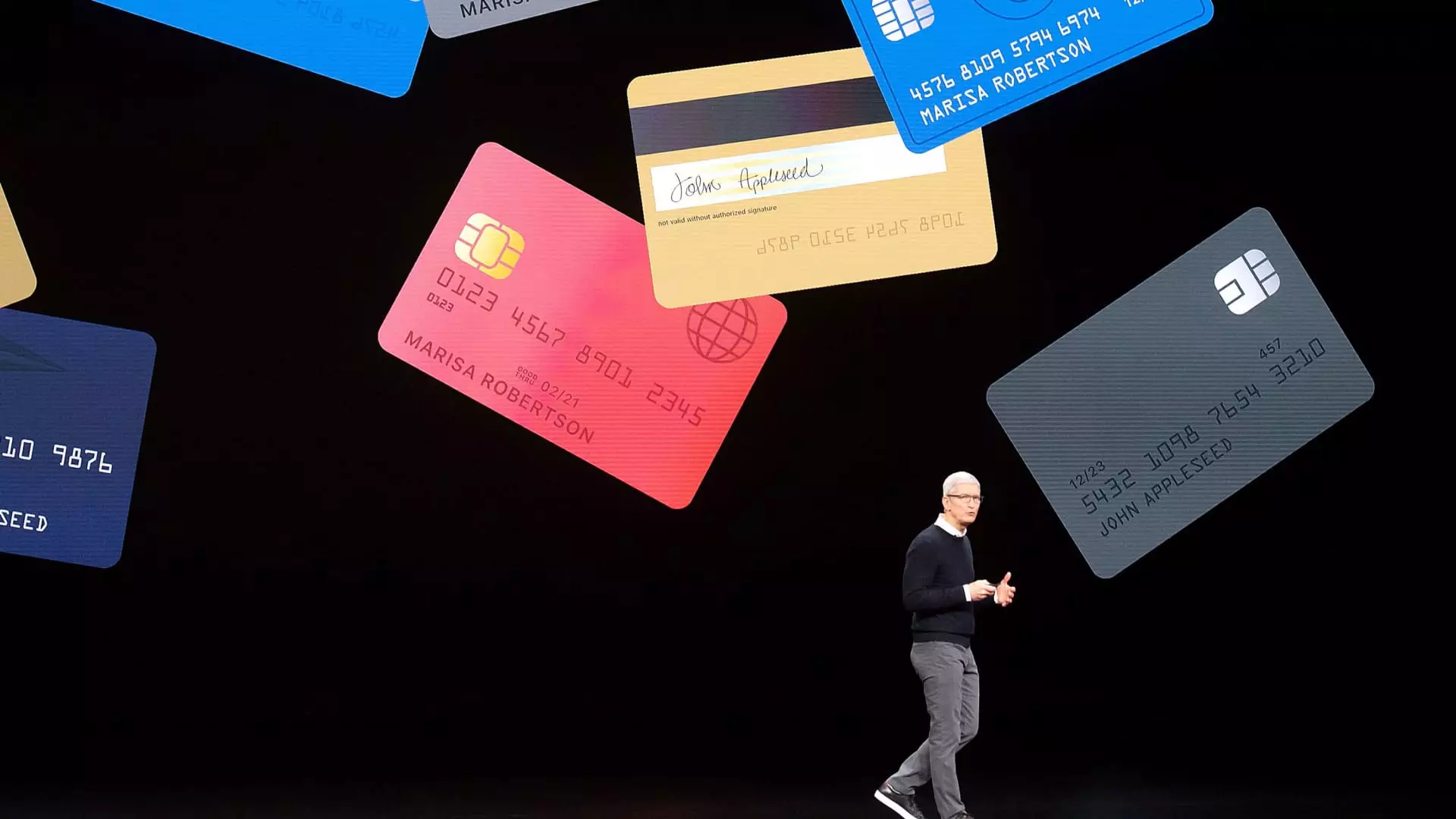In a notable enforcement action, the Consumer Financial Protection Bureau (CFPB) has taken Apple and Goldman Sachs to task for their handling of consumer disputes linked to the Apple Card. This action, which took place on a Wednesday, resulted in a staggering penalty of over $89 million, attributed to significant failures in managing customer complaints related to credit transactions. The CFPB’s findings indicate that Apple did not adequately transmit numerous consumer disputes to Goldman Sachs, and the latter failed to adhere to federal standards during their investigations of the complaints they did receive.
The ramifications for both companies were serious. Goldman Sachs was slapped with an overall fine totaling $64.8 million—comprising a civil penalty of $45 million and $19.8 million earmarked for consumer redress. Apple, not escaping unscathed, received a $25 million penalty. Furthermore, the CFPB imposed restrictions on Goldman Sachs, barring them from introducing any new credit cards until they could demonstrate compliance with applicable legal standards. This decisive action underscores the CFPB’s commitment to holding financial institutions accountable for their responsibilities toward consumers.
A critical concern raised by the CFPB relates to miscommunication regarding financing options for Apple device purchases. When Apple Card was introduced, it was marketed as a transparent credit alternative, especially with features aimed at making technology purchases more accessible. However, customers were under the impression that they would automatically receive interest-free monthly payments for devices bought using the Apple Card. In reality, some users found themselves subjected to additional interest payments, and misunderstandings about the refund process further complicated the situation. The agency reported that many customers faced unexpected charges and misreporting on their credit histories, which can have lasting impacts on consumers’ financial well-being.
In response to the situation, Nick Carcaterra, the corporate communications vice president at Goldman Sachs, defended the Apple Card’s reputation, referring to it as one of the most consumer-friendly credit cards available. He emphasized their commitment to resolving technological and operational issues identified after the card’s launch and claimed the company had addressed the concerns of those affected. However, the assertion appears incongruous with the CFPB’s findings, highlighting a disconnect between the companies’ perceptions of their practices and the federal authority’s evaluation.
The fallout from this incident serves as a stark reminder that big technology firms, in collaboration with major financial institutions, are not immune to regulatory scrutiny. The CFPB’s Director, Rohit Chopra, articulated the belief that both Apple and Goldman Sachs had sidestepped their legal obligations concerning cardholders. This incident raises broader questions about the accountability of prominent entities in the financial sector and their responsibilities toward consumer protections. As the landscape of financial technology continues to evolve, this case may set precedents regarding how consumer rights are upheld amidst innovative offerings in the credit card market.

